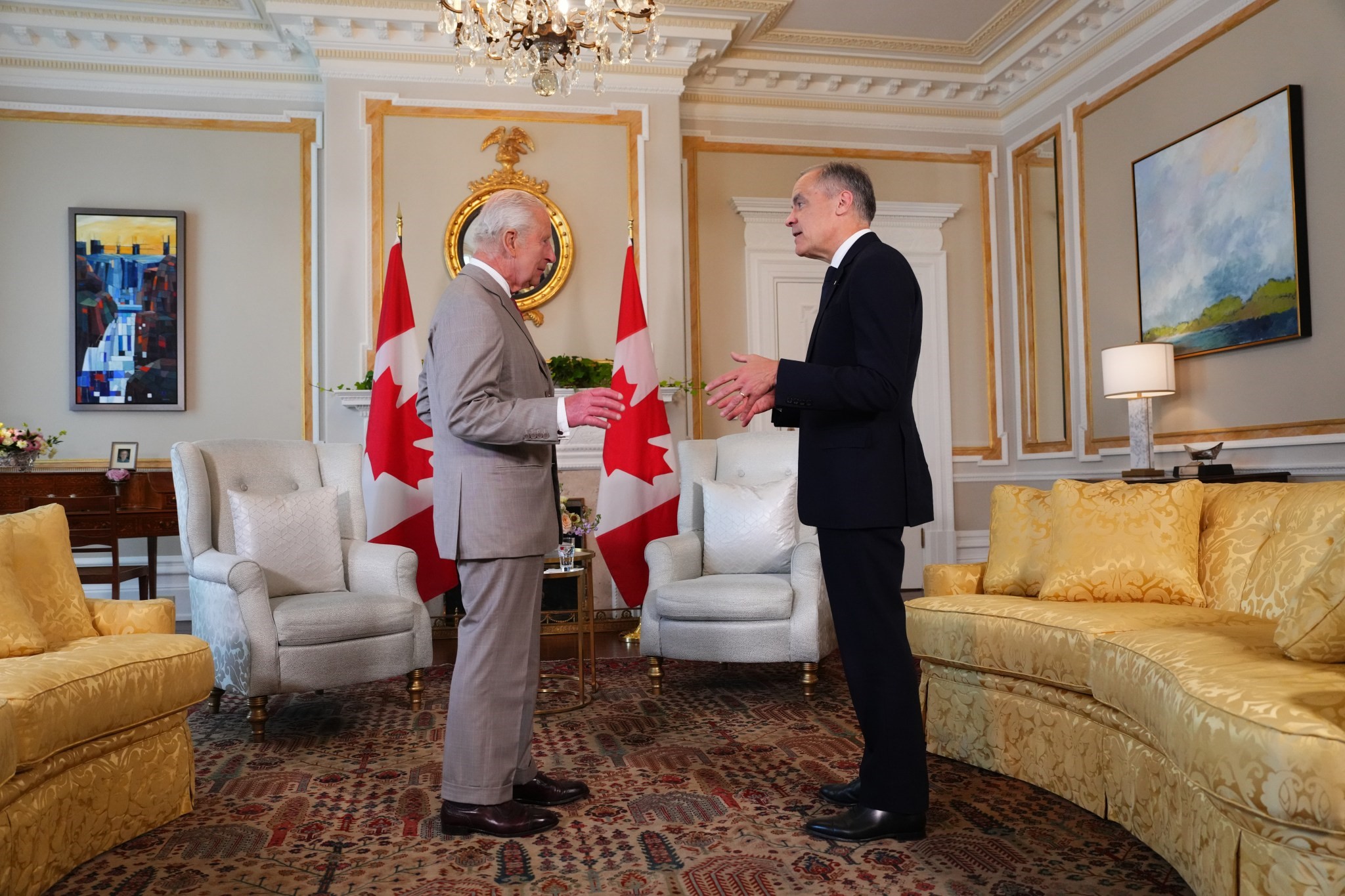King Charles Delivers Speech from the Throne, Outlines Ambitious Economic and Infrastructure Agenda for Canada
On May 27, King Charles delivered Canada’s Speech from the Throne in Ottawa — this historic moment marked only the third time the monarch has delivered the throne speech; his mother, Queen Elizabeth II, did so in 1957 and 1977. The speech, primarily written by Prime Minister Mark Carney’s new government, set out its legislative and policy priorities for the coming session and was deeply rooted in themes of economic transformation, infrastructure development, interprovincial trade, and environmental protection.
For NMMA Canada and its members, the throne speech is a critical moment. It signals the government's legislative intent, offering a roadmap of what’s to come — from trade diversification and regulatory reform, to infrastructure investment and supply chain resilience. These are all issues NMMA Canada has long advocated on, especially as marine manufacturers face rising input costs, U.S. tariff pressures, and a stalled luxury tax policy.
Key highlights of the speech included:
- A commitment to “build the strongest economy in the G7,” with a focus on developing a unified “One Canadian Economy.”
- A commitment to Canadian sovereignty - with King Charles offering during his speech: "As the anthem reminds us: The true north is indeed strong and free". The message was even printed on the side of the Airbus CC-330 His and Her Majesty arrived in, provided by the Royal Canadian Air Force.
- A major investment in infrastructure and supply chains, with the launch of a federal project office aimed at cutting project approval times in half.
- Renewed attention to U.S.-Canada relations, border security, and export controls.
- A continued focus on conservation, including marine protected areas, which NMMA Canada will monitor closely for implications on waterway access.
Though there was no direct mention of the federal luxury tax, the government’s stated desire to boost investment and reduce interprovincial barriers suggests a growing openness to reform — particularly as consultations begin ahead of the fall budget.
NMMA Canada will continue engaging federal decision-makers to ensure the voice of Canada’s recreational marine sector is heard in this ambitious legislative agenda.





